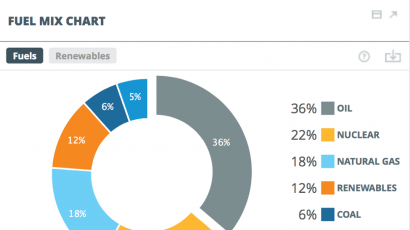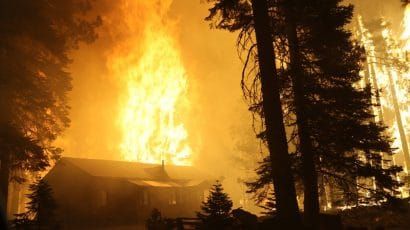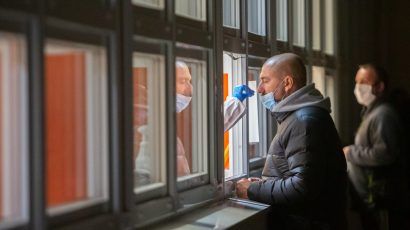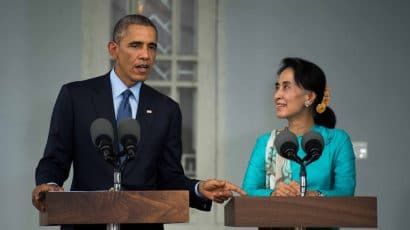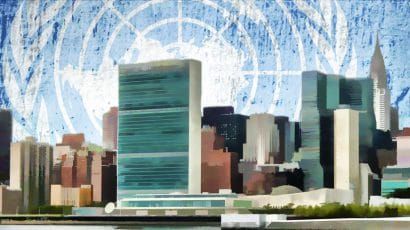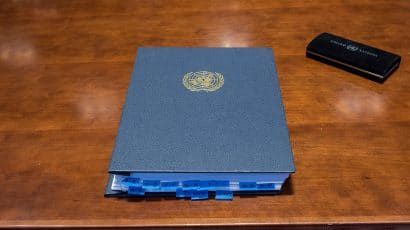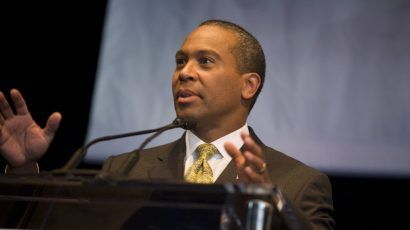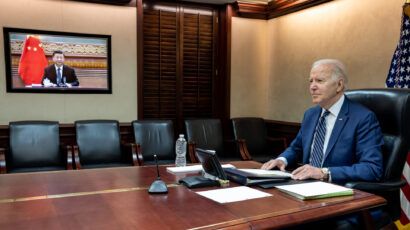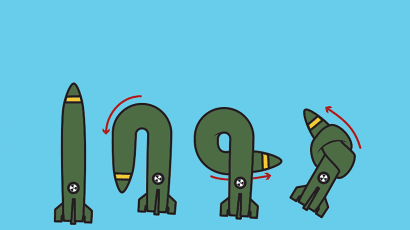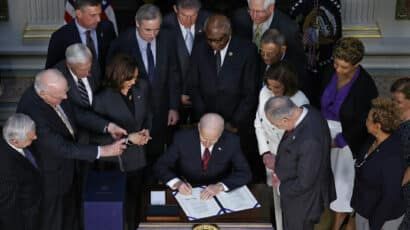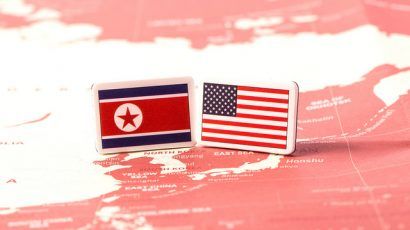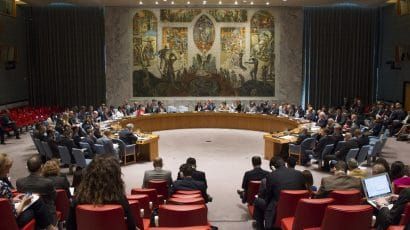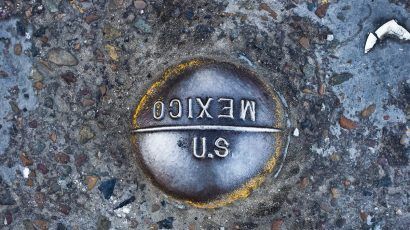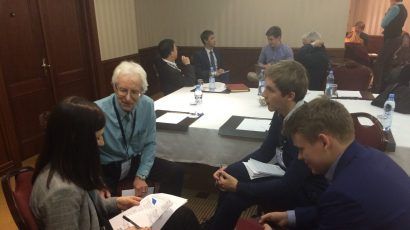Search results for trump
From Greenville to Greece, it’s code red
With fires raging across the West, the United Nations has issued a “code red” for the climate. There is still much that can be done to protect ecosystems and human communities from a hellish future.
We’ve analyzed thousands of COVID-19 misinformation narratives. Here are six regional takeaways
A group of researchers at Princeton University collaborated with colleagues around the world to catalogue many of the unique COVID-19-related disinformation narratives that spread in various countries during the height of the pandemic.
Myanmar should finally come clean about its chemical weapons past—with US help
The United States has alleged since the 1980s that Myanmar once maintained a chemical weapons program, but even after the democratizing country ratified the Chemical Weapons Convention in 2015, the government there still wouldn't come clean and declare that it once produced the banned weapons. There are signs that Myanmar's stance may be changing.
Nuclear ban negotiators reject US-British-French boycott logic
The many governments meeting to create a treaty banning nuclear weapons aim for an agreement as early as July, and even the Pope weighs in.
Natural spillover or research lab leak? Why a credible investigation is needed to determine the origin of the coronavirus pandemic
Could the COVID-19 pandemic have started with a lab accident? While the matter has become heavily politicized, a credible investigation could help clear things up.
The responsibility to disarm and the nuclear ban treaty
Non-nuclear-weapons countries have chosen to make one last stand to complete the Non-Proliferation Treaty's Article 6 agenda on nuclear disarmament by means of the supplementary and reinforcing Treaty on the Prohibition of Nuclear Weapons.
Deval Patrick: the latest presidential candidate to be uninformed on nuclear weapons
Deval Patrick’s response to a question about no first use was slightly cringeworthy, but he’s not the only candidate who needs to brush up.
Beijing is unavailable to take your call: Why the US-China crisis hotline doesn’t work
A US-Russia crisis "hotline" has staved off nuclear war during the Cold War. The current US-China one wouldn’t.
Nuclear Notebook: Chinese nuclear weapons, 2023
We estimate that China’s stockpile now includes roughly 410 nuclear warheads, with more in production. The stockpile is expected to increase significantly in the next decade but remains significantly smaller than that of Russia or the United States.
Transforming our nuclear future with ridiculous ideas
Success in limiting and eventually eliminating nuclear arsenals will rely on a revitalized nuclear policy field that recognizes greater diversity in all its forms, new partners willing to share knowledge and expertise, and bold new ideas—some of which, by design, will appear ridiculous at first.
Are US threat assessments outpacing the military threats America actually faces?
The Pentagon has consistently exaggerated its estimates of threats the United States faces. The clearest example of this strategy of exaggerated threat estimation is 20 years of failed “War on Terror,” but it continues today in massive military budgets aimed at preparing for "great power conflict."
Not our neighborhood?
North Korea may see the US as a vital potential ally against Japan (its traditional enemy) and China (which the Korean peninsula has long had a love/hate relationship with).
The US has a backup plan to kill the Iran nuclear deal. It could spark a crisis at the UN.
While attention is focused on the European efforts to save the Iran nuclear deal, there may exist a dangerous way for the United States to outmaneuver the Europeans, create a crisis at the UN Security Council, and collapse the deal—unilaterally.
White nationalism’s solution to climate change: fewer brown people
The far right is increasingly linking immigration with fears of environmental degradation.
The future of global nuclear power through the eyes of young Russian and American professionals
As we witness the increasingly detrimental effects of global climate change, the role that nuclear power could play globally to mitigate its effects continues to be debated. The series of articles featured in the Bulletin in December 2016 aired a broad spectrum of opinions, ranging in assessment of the role of nuclear power from insignificant … Continued
The future of the Iranian nuclear deal is still uncertain
A year after Iran and world powers signed a historic nuclear agreement, politicians in Washington and Tehran seek to derail it as the latter continues to struggle with economic challenges.
A message from Rachel Bronson
This year’s Doomsday Clock statement focuses world attention on today’s dangerous security environment, and urges leaders and citizens alike to redouble their efforts in advancing the health and safety of the planet. It is urgent that we all take heed – your partnership and support are now more important than ever. The nuclear landscape takes … Continued
The role of bats in disease transmission
Bats are considered mysterious creatures and often generate fear. Specifically, South American vampire bats feed on animal blood and possess a legendary lore. But more importantly, bats are the host species for deadly diseases such as rabies, Nipah and Hendra viruses, and SARS. There's also evidence that they continue to serve as sources of novel emerging viruses.
Why a quick return to the Iran nuclear deal is needed to avoid a real nuclear crisis
The Biden administration will need to maneuver around multiple political obstacles if it is to rejoin the nuclear deal in a timely fashion. And if the United States does not quickly rejoin, there is a real possibility that the talks will collapse, that Iran will proceed with its uranium-enrichment program, and that a dangerous crisis will needlessly be created.
